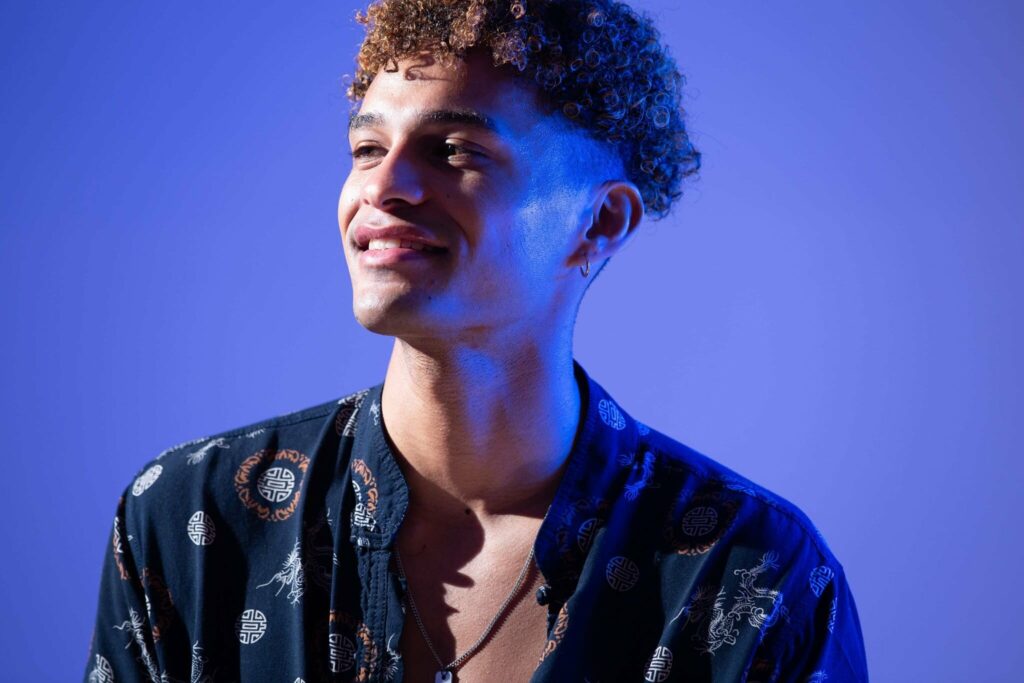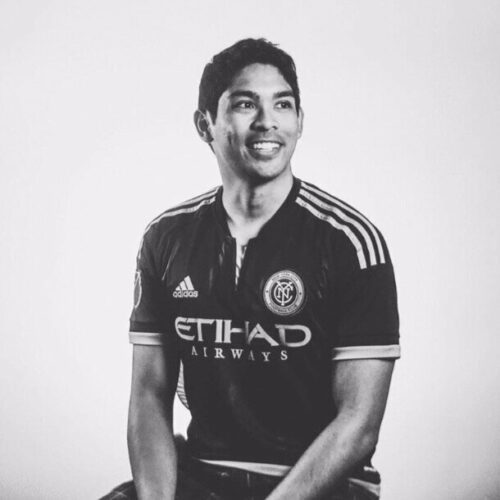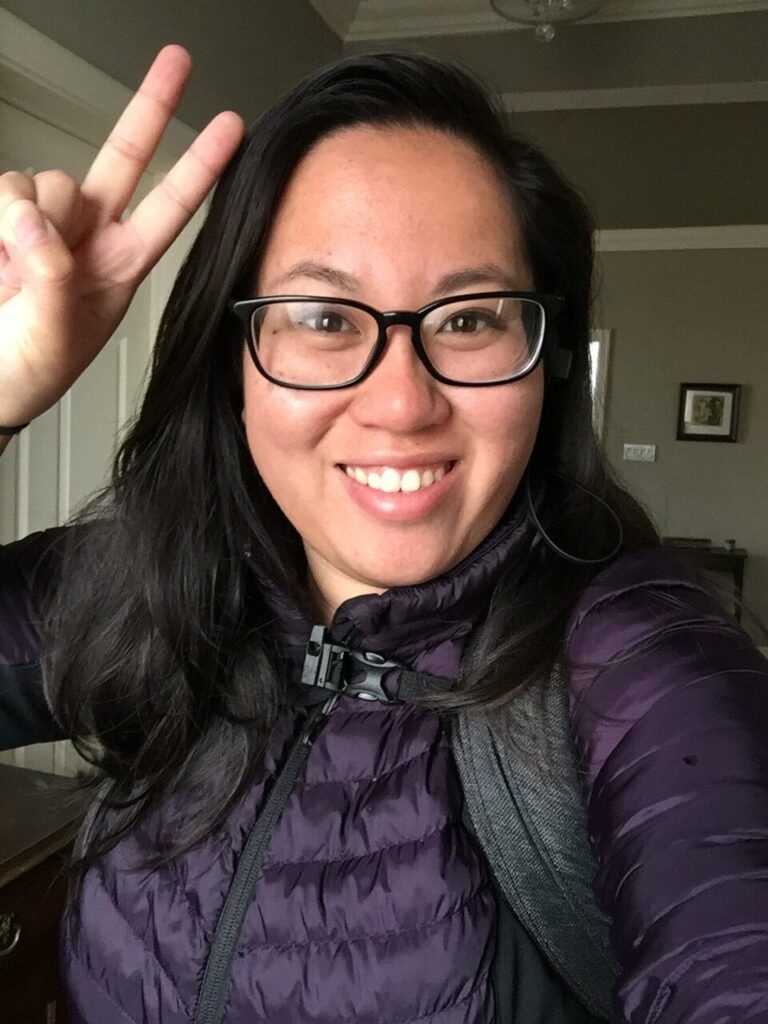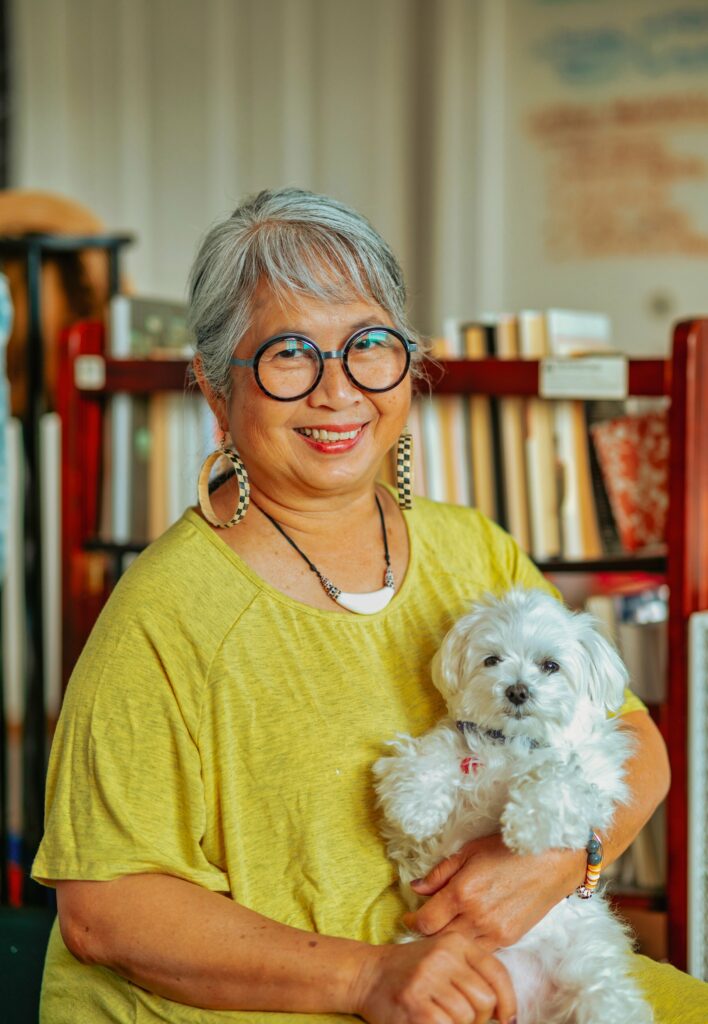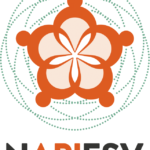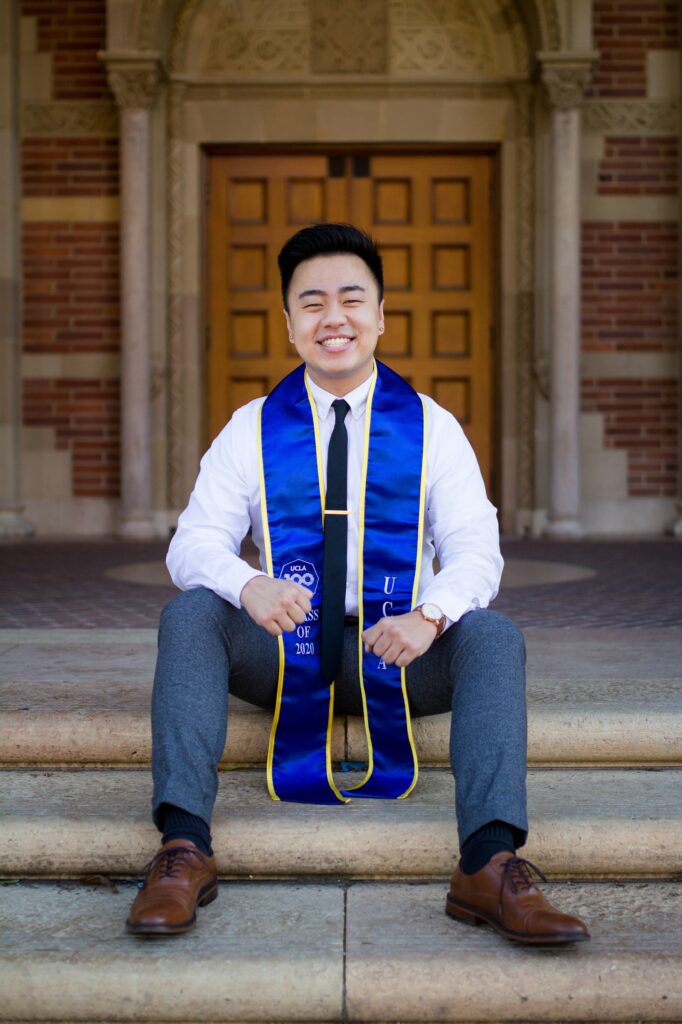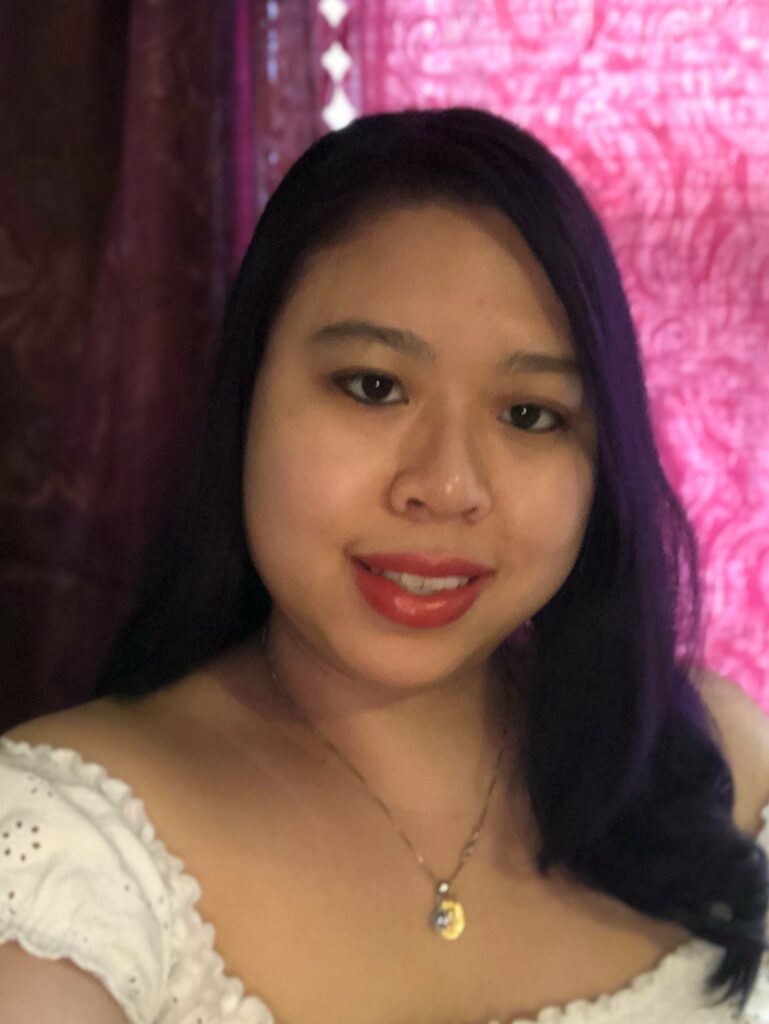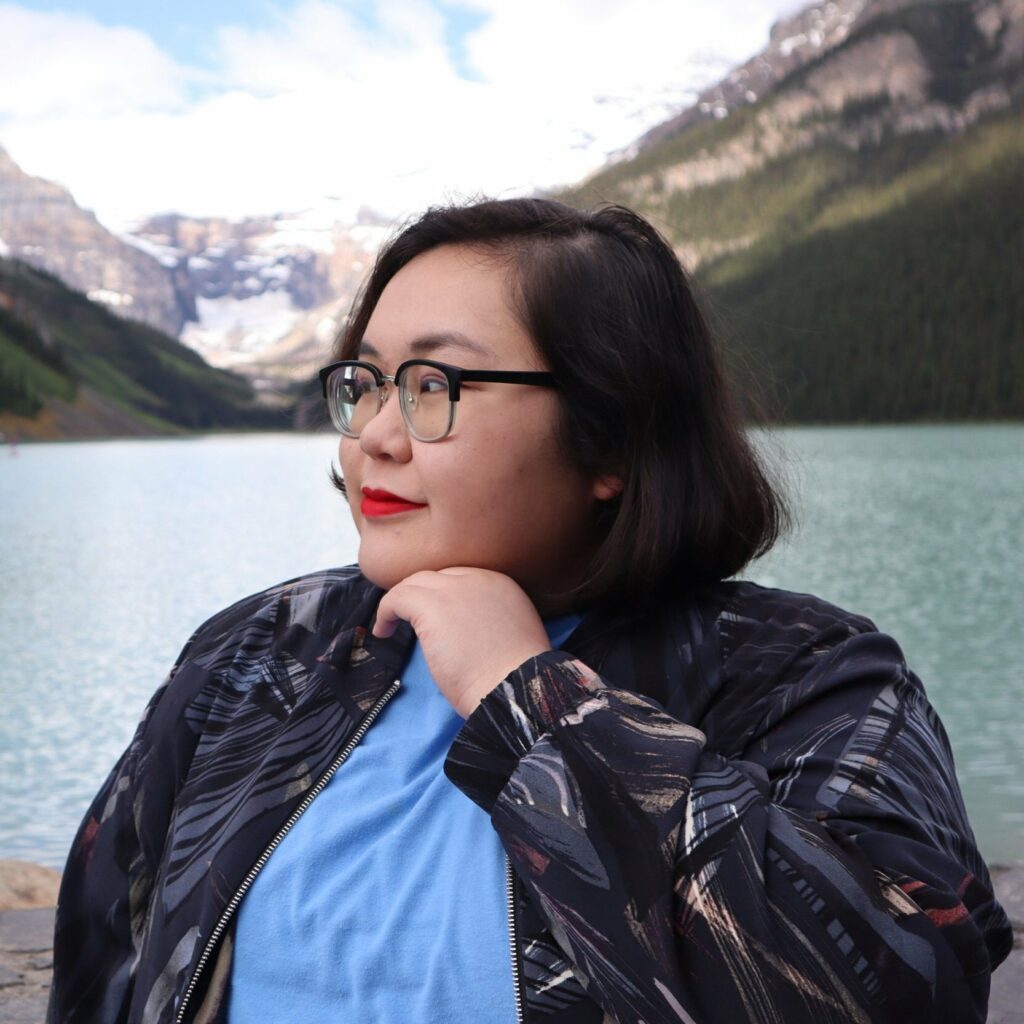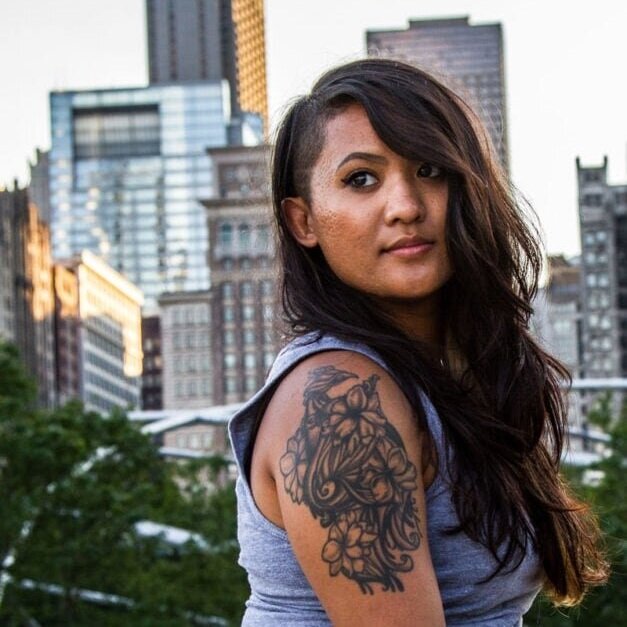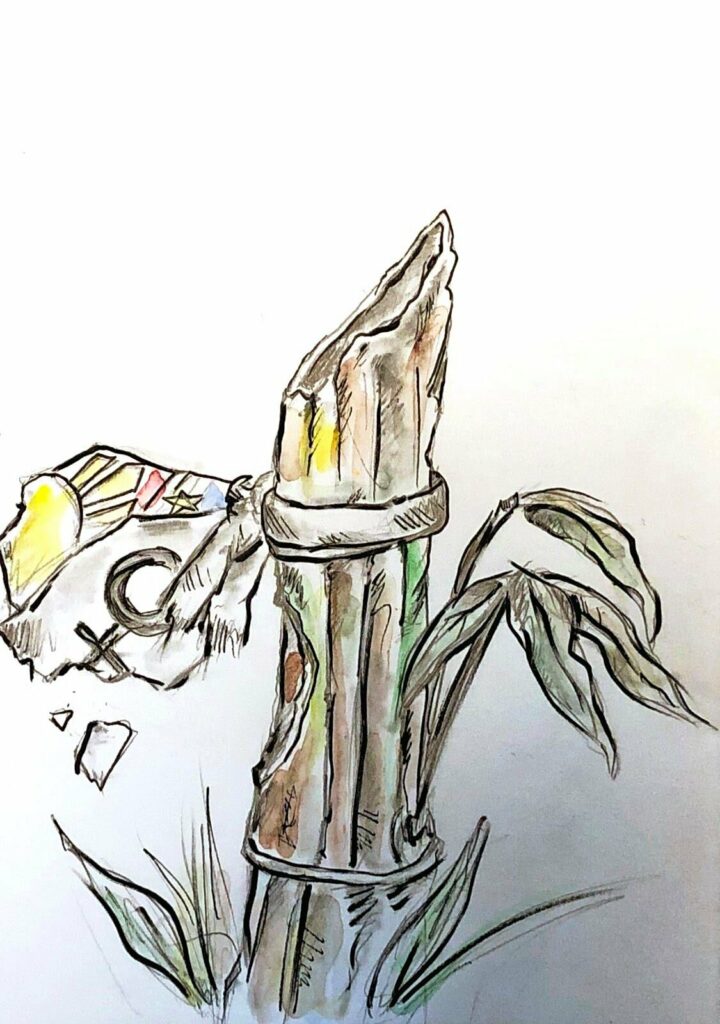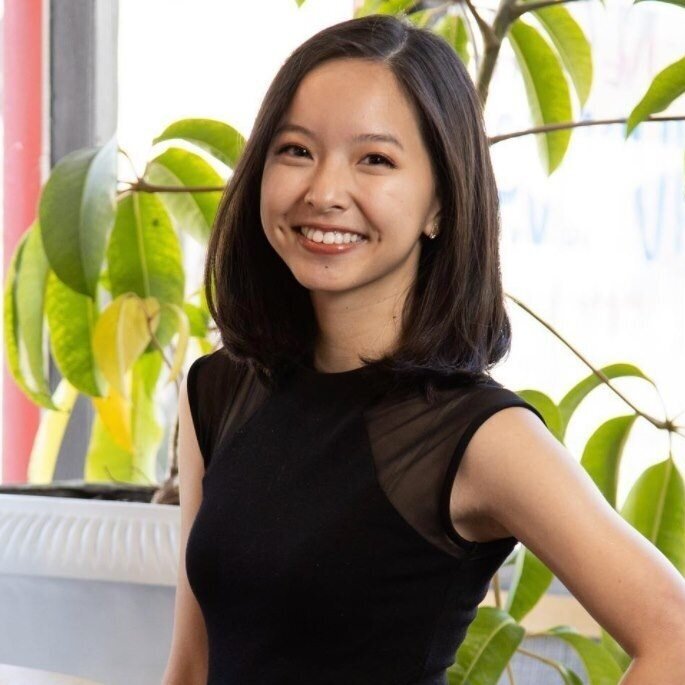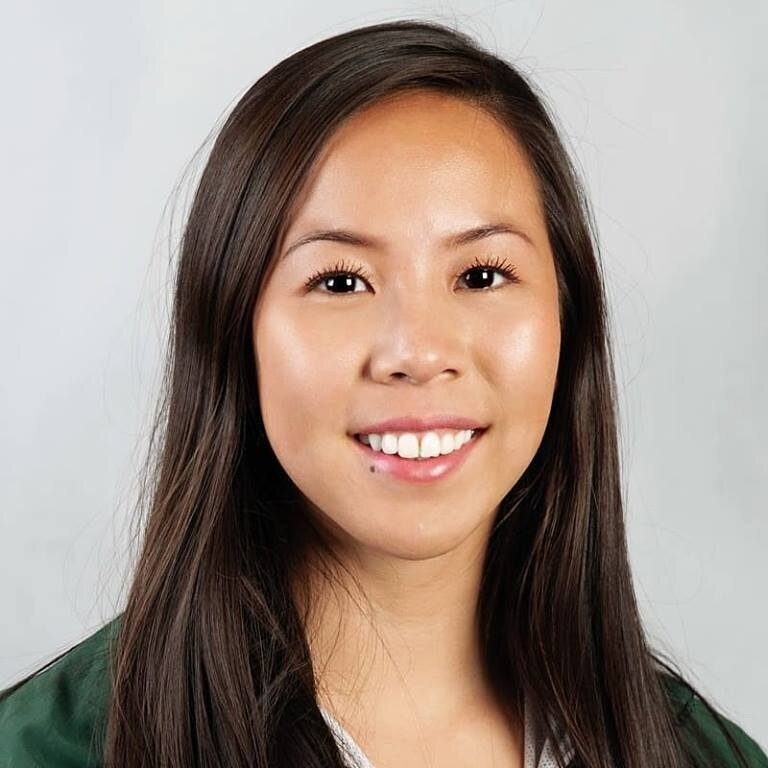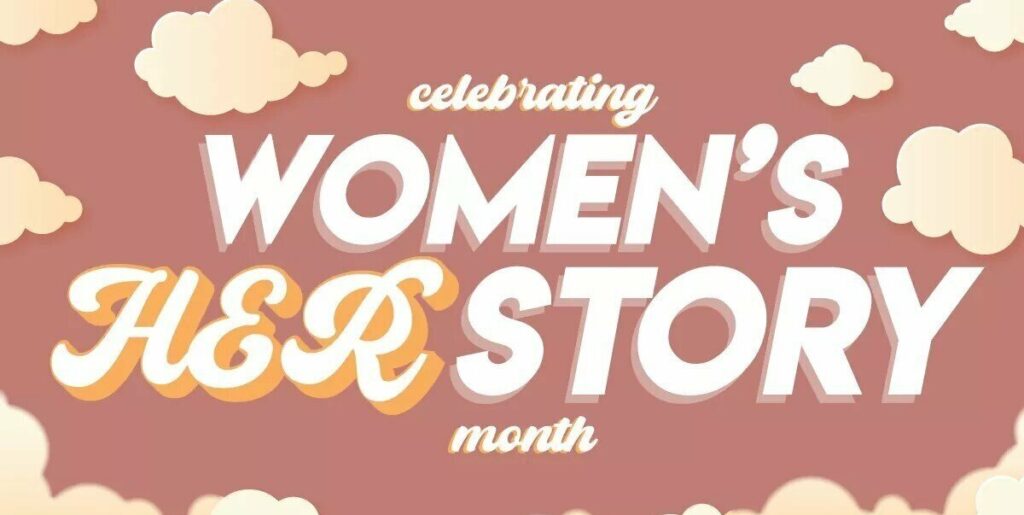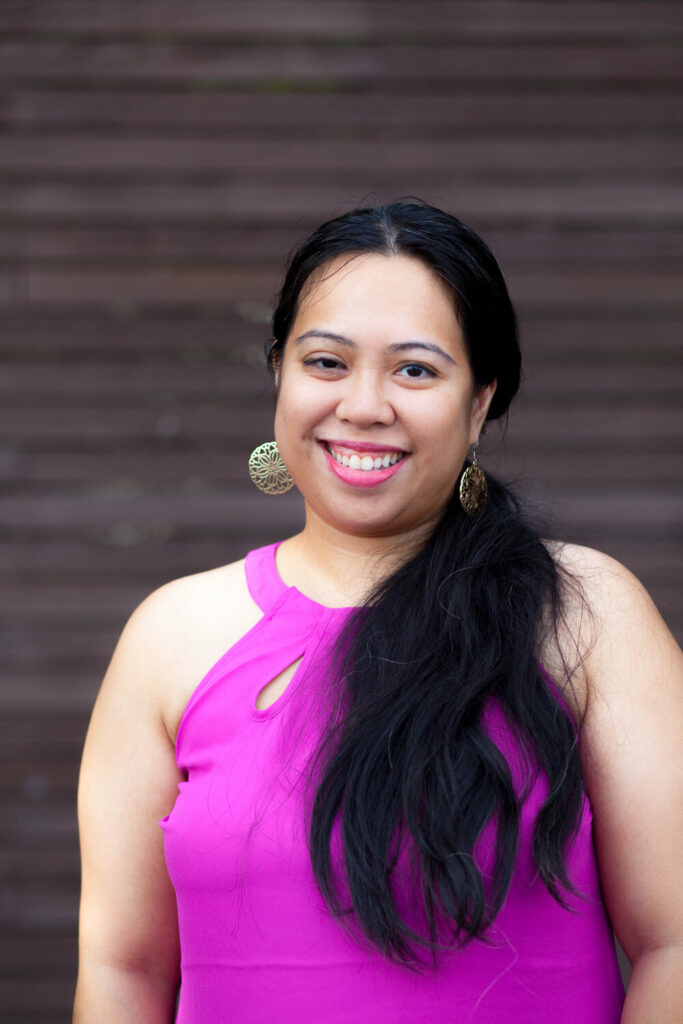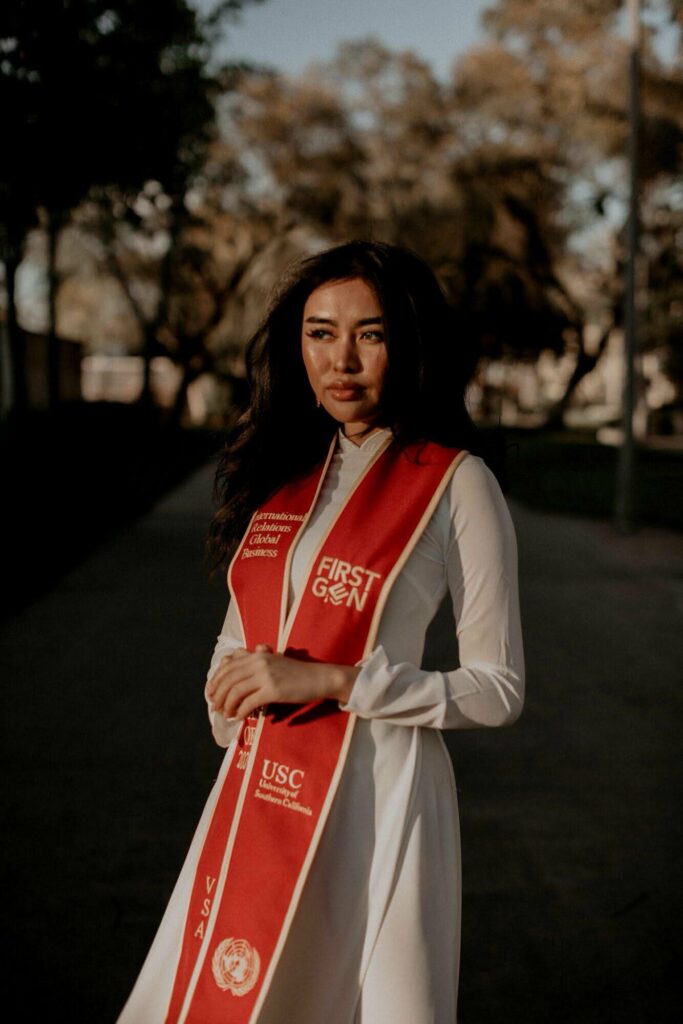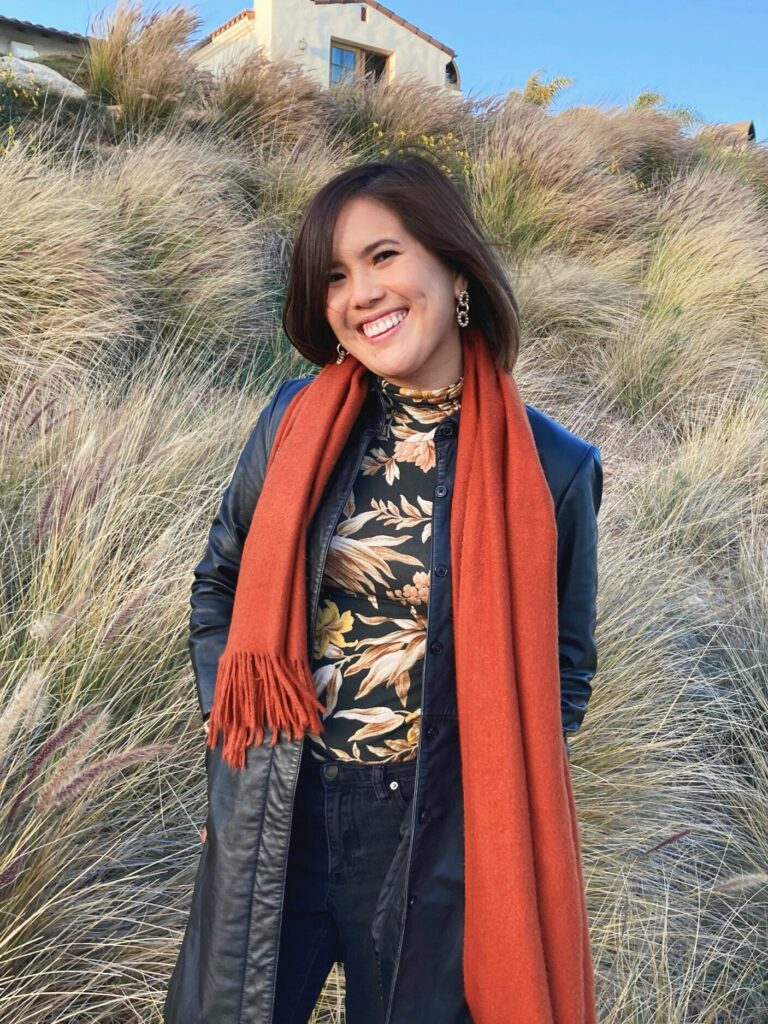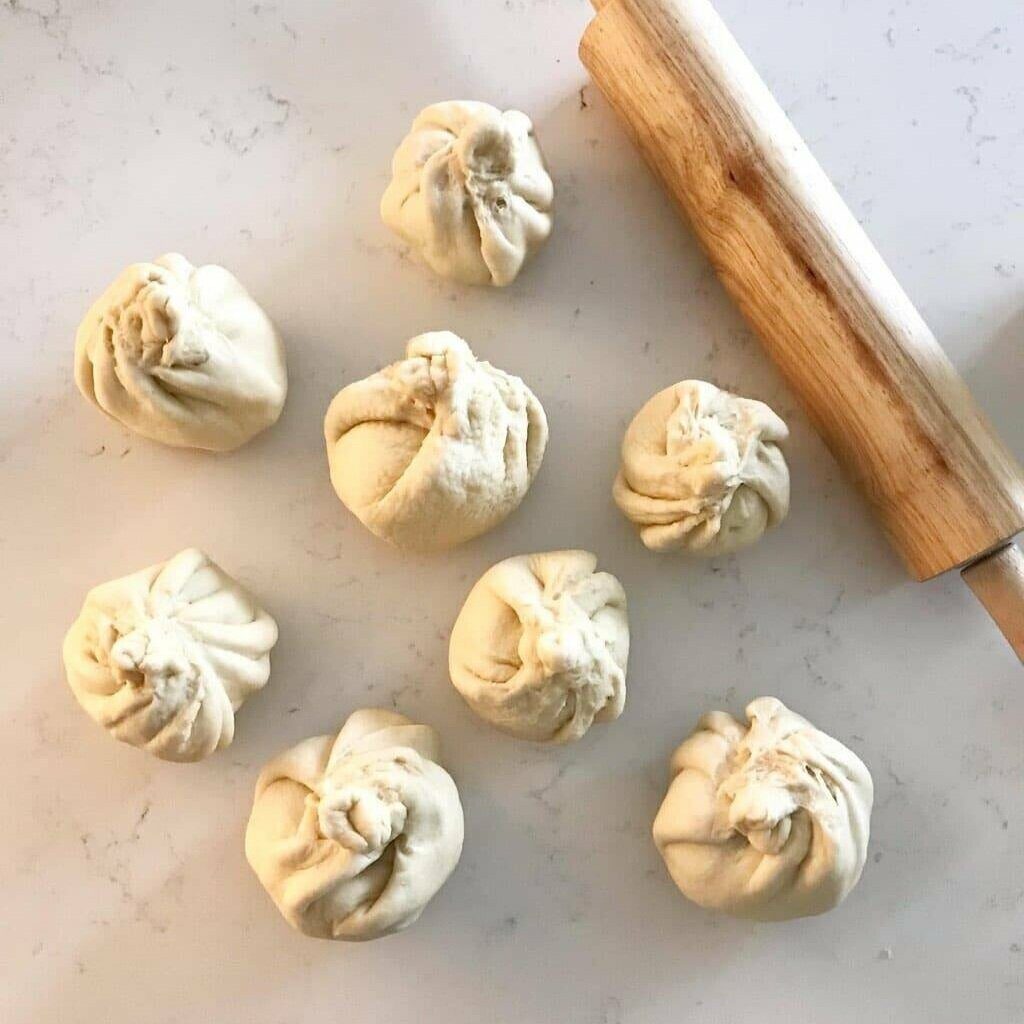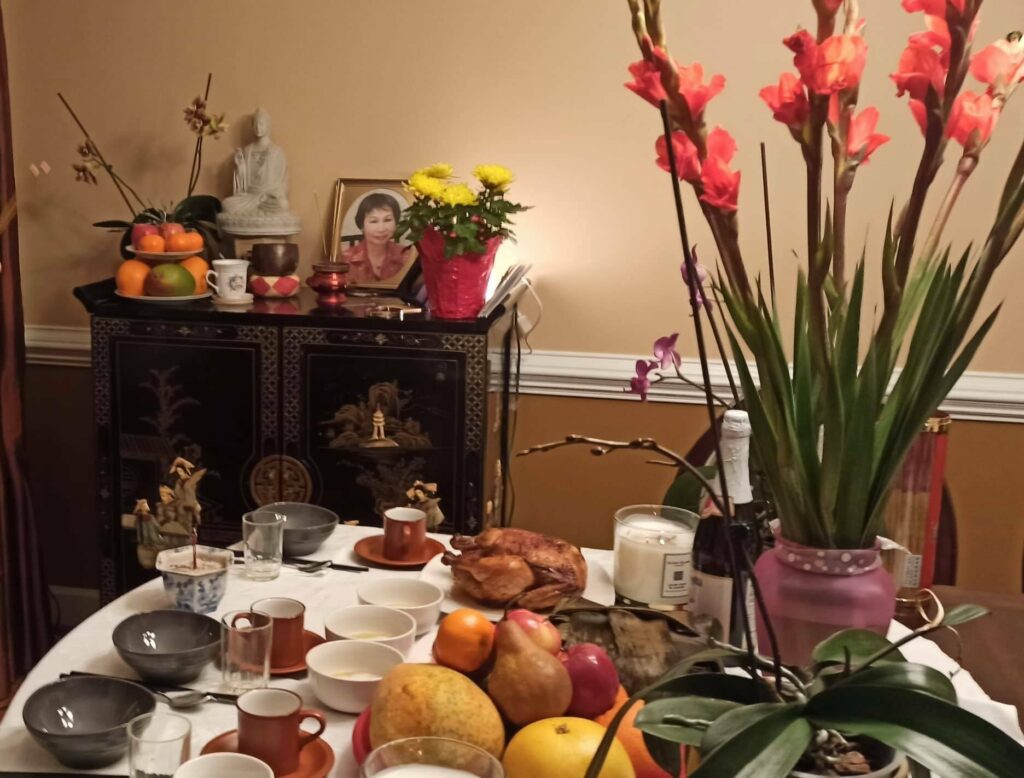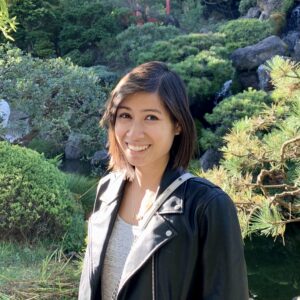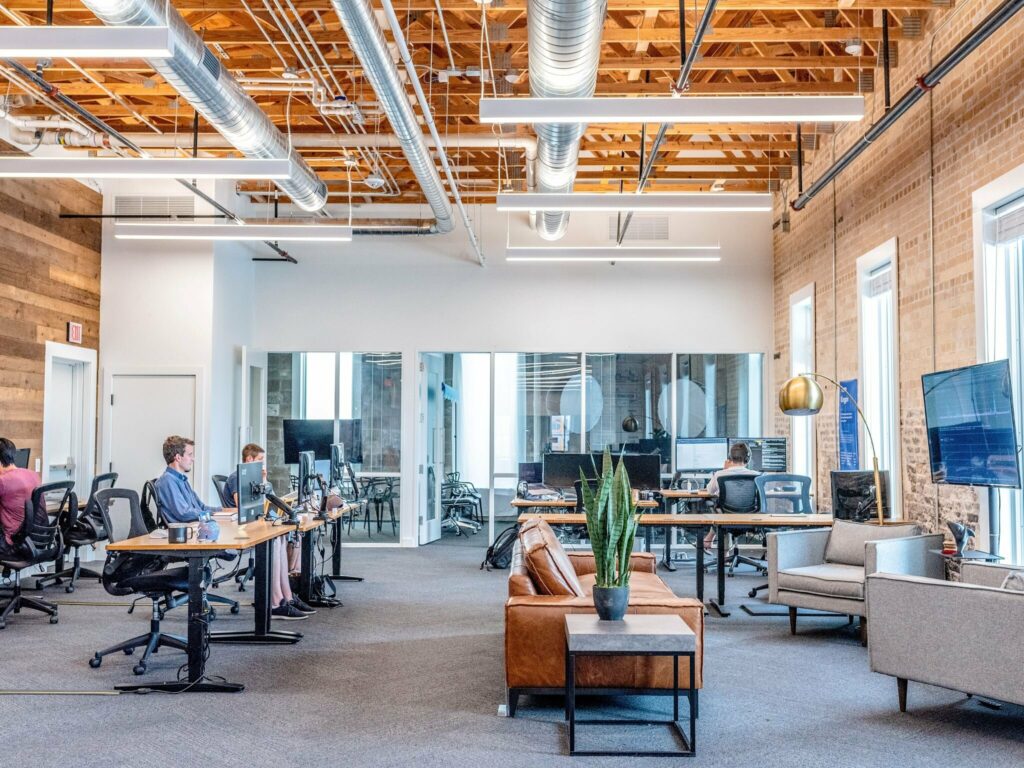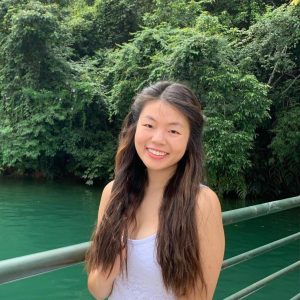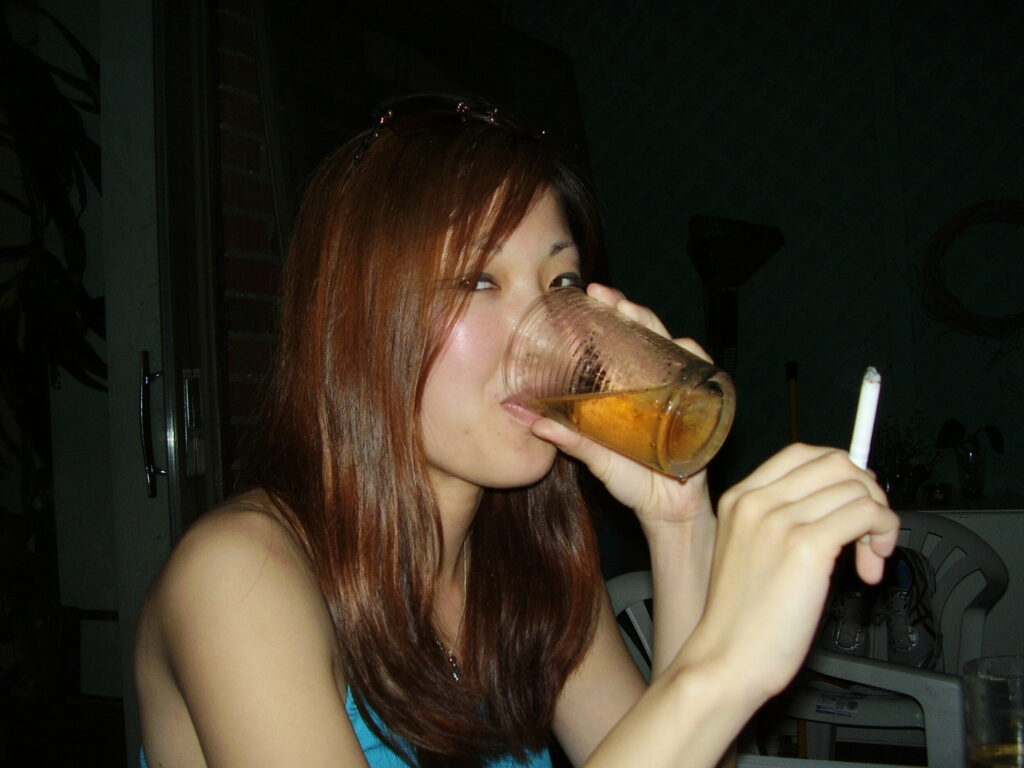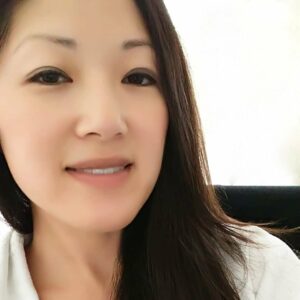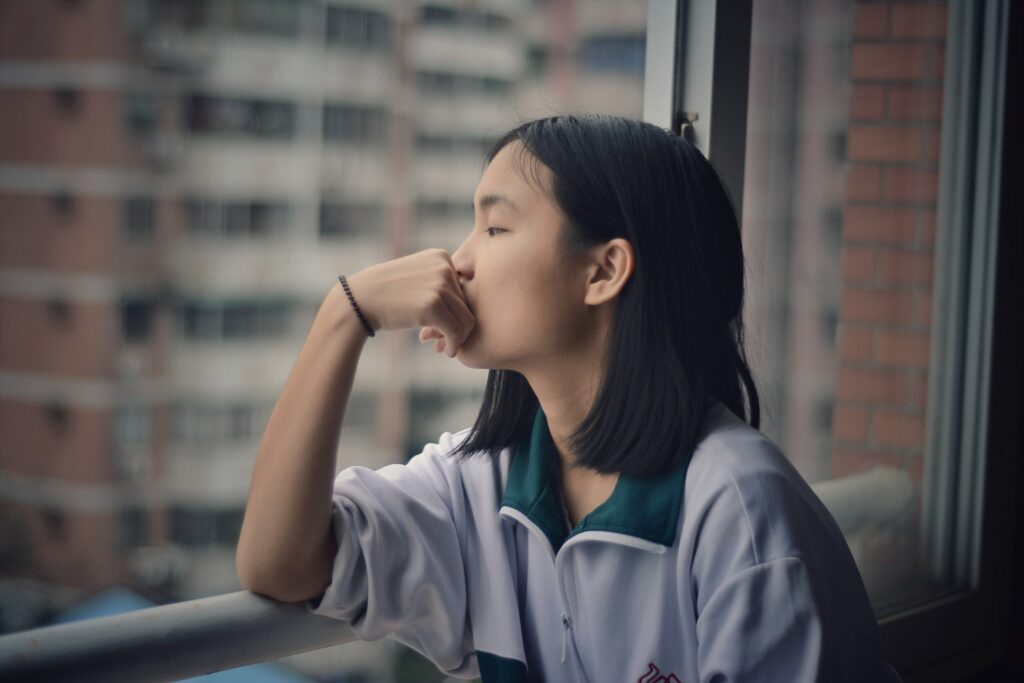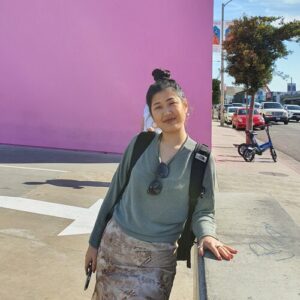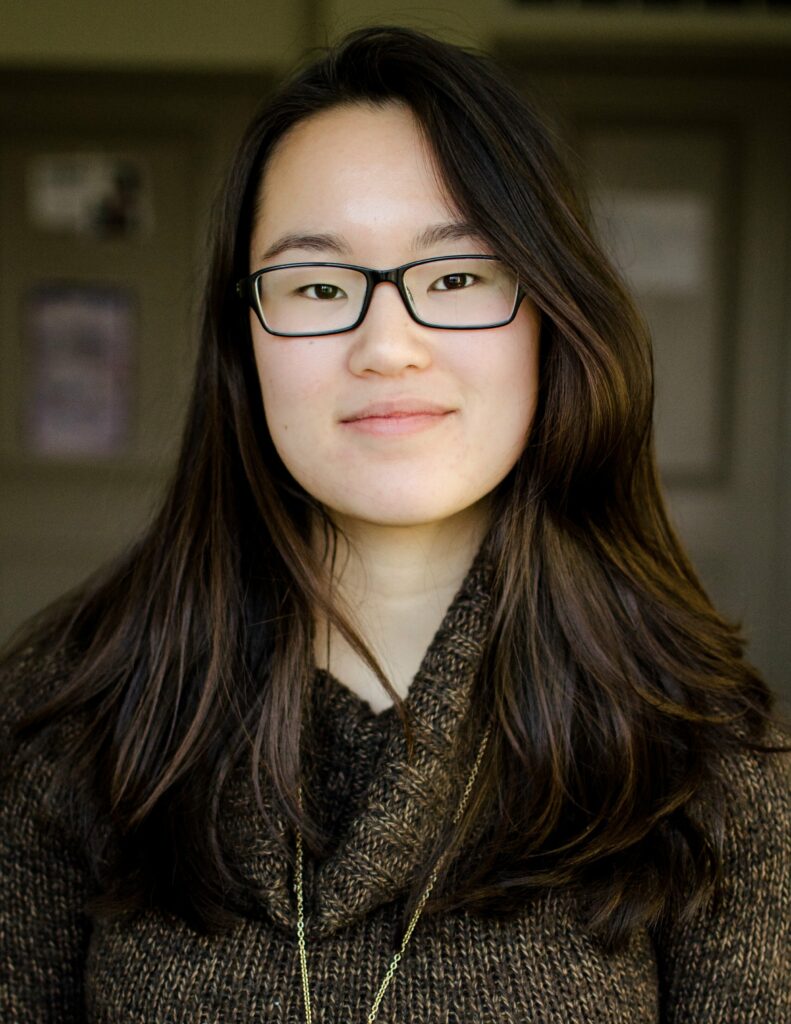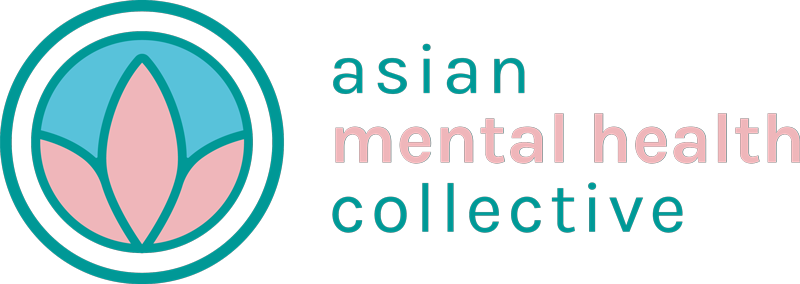While there’s no one, full-proof method to kicking perfectionistic tendencies, combating them requires a combination of intense introspection and lifestyle habits. The former can be an abstract process that’s unique to every person; the latter, however, is something that is more tangible. In no particular order, here is a list of the behaviors that I’ve used to help curb my perfectionism.
How I Overcome Perfectionism
1) Don’t restrict yourself to one record-keeping method
Tell me if this sounds familiar. You buy a brand new, Moleskine journal that you promise to fill with gorgeously detailed monthly and weekly calendar spreads. After a couple weeks of doing this, you accidentally leave your journal at home, and it never sees the light of day again. Or, you download a new task-managing app on your phone and spend hours figuring out your optimal layout and organizing color scheme. Then, after all this planning, you stop using the app and never use it again.
Perfectionism tries to trap you with the idea that there is a “superior” method of doing things. All you have to do is find out what it is, and then everything will magically fall into place. However, the reality is, there is no one “right” way, and our preferences are subject to frequent change. Try not to restrict yourself to one method of keeping track of things.
Aesthetically, I’m a fickle person who always has wandering eyes for the newest, trendiest organizational method. So I just go with the flow. Some weeks I like to write things down in a journal, and other times I mix it up with different apps. Many times, I get lazy and fall back on using good old Sticky Notes. However, try not to go too crazy – stick with one task-managing method per week so that you don’t lose track of where you wrote things down.
2) Making lists (and not exhausting yourself while making them!)
Making lists is fun. Making lists is simple. And most importantly, making lists makes you feel productive.
But, if you’re like me, making lists can be a disguise for perfectionistic procrastination. Struck with sudden productivity, you sit down and start listing out all the work, school, or personal projects you have to complete. You want to make this list juuust right, so after outlining your initial tasks, you decide you want to make it prettier and more streamlined. Before you know it, you’ve over-indulged your ambitiousness and migrated from a simple written list to a full on Excel sheet, intricate Trello board, or color-coded journal entry. Suddenly, you’ve spent so much time making your list that you don’t have enough time or energy for the tasks on said list.
This is the same trap of perfectionism from the first step. It’s tempting to try to make a beautifully organized list under the illusion that it will somehow make you more productive. While there’s nothing wrong with investing time into making pretty or streamlined lists, you need to be realistic with how much time you invest in those tasks. If spending this much time is important to you, then budget your time accordingly. For most perfectionists, however, this listing habit is more of a method of delaying working on the more overwhelming task of the actual work. Don’t lose sight of the forest for the trees – the important thing is to keep track of your schedule and your tasks, not get lost on how to do those things.
3) Having a short set of easy tasks that help you feel accomplished
One of the most debilitating parts of perfectionism is how it conflates your issues surrounding a single project with your overall ability to do things. For example, because you’re struggling to finish an English paper, you feel as if you’re inept at completing any assignment.
What’s helped me tackle this part of perfectionism is having a small set of 2 to 3 easy, one-step tasks that I complete every day. Tasks like this should be simple, like making your bed, cleaning off your desk, your filling up your water bottle twice a day. Even though they may seem small, these tasks can serve as a reminder of your daily progress and a gentle counterargument against the negativity of perfectionism.
4) Breaking down large tasks into smaller, shorter chunks
So this one is a mainstay in most productivity blogs. In fact, it was such a common piece of advice that I used to brush it off as “too simple” of a solution. However, this really did prove to be a game changer for me. By breaking down a bigger project into smaller tasks, work becomes more manageable and less intimidating. Perfectionism is obsessed with the “perfectness” of the final product. So, if you organize large objectives into smaller steps, that overwhelming, detail-obsessed aspect of the anxiety monster won’t flare up as much.
Personally, I have two different methods of breaking down big tasks: weekly and longer-than-weekly. For the former, on every Sunday, I set aside some time to write down all the projects I need to complete by the end of the week. After writing all of them out, I break them down into smaller steps and portion those steps out across different days over the week. For big, month-long projects, I sit down and outline what the expectations for the final product before breaking down the project into smaller chunks.
5) Limit how many tasks you put on your daily to-do list
The ambitiousness that comes with perfectionism can make people overestimate their ability to finish things by a certain deadline. I know I’ve been guilty of creating lists with 20 plus tasks that I somehow expect myself to complete without factoring sleep or meal times.
Try to set a hard limit on the amount of tasks you can put on your to-do list. This will force you to more effectively spread out the smaller sub-tasks from Step 3 across several days. For myself, I try to limit my to-do list to 5 to 10 things per day. I include meetings and appointments in this list, considering that those can be big time investments. If I have a hard time deciding which tasks I should do today and which ones I should reschedule for later in the week, I list them all out on a separate page and then figure out which ones have higher priority.
Also, if you can’t complete all of the items on your to-do list or fall slightly behind on a project – that’s totally okay! Life is unpredictable, and things happen that throw off our schedules. If you find yourself consistently not finishing things, especially if you keep pushing off the same task, sit down and try to figure out why. Did you lowball the amount of time it would take you to complete? Are you confused about how to complete this part of the project and need to ask for help? Is this task complicated and you need to break it down into smaller chunks?
6) Take breaks!
Nagging you to get things right, perfectionism can get you caught up in long hours of uninterrupted work. However, work fatigue ultimately ups your stress and decreases your quality of focus over time. Breaks are incredibly important, and studies (here, here and here) have shown that taking more frequent breaks actually increases productivity over time.
The frequency with which you take breaks is a matter of personal preference. Many people like to use the Pomodoro method, which breaks down work cycles into four cycles of 25 minutes. After each 25-minute work cycle, you can take a 3 to 5 minute break. After you’ve finished your fourth work cycle, you can take a 15 to 30 minute break. Personally, I like to work in 30 minute to 1 hour chunks and take 15 to 20 minute breaks in between. Regardless of how you decide to space out your breaks, try to avoid doing multi-hour marathons of straight studying or work.
However, not all breaks are created equal. Try to avoid taking breaks that involve you staring at your phone or computer screen, since these kinds of breaks cause eye-strain and fatigue. While binging YouTube and scrolling through Reddit might feel relaxing, these won’t refresh your brain in the same way as time away from electronics will. Try to introduce some kind of movement to these breaks to get the blood flowing.
One of my old therapists gave me a gem of advice: write down a set list of breaks that get you away from your computer that are based on different chunks of time. For example:
15 minute breaks:
30 minute breaks:
These breaks can cover any time period you want, depending on your personal preference. But try to separate them into two sets at a minimum, with one for shorter and one for longer breaks.
7) Just START!
I know, I KNOW. Gee thanks, Camille, why didn’t I think of that? *Insert Condescending Willy Wonka meme here*
As trite and cliche as this advice sounds, it’s also ultimately the biggest step in tackling the hangups around perfectionism. Perfectionism is your mind trying to trick you into not bothering. So ultimately, the only way to move past that trap is to start working.
However, I’ve found that just forcing myself to start projects doesn’t work by itself. To me, that feels like the equivalent of telling someone to “get over” their anxiousness. I need to prime my thoughts with a few key positive reminders before I can begin. In fact, I used the affirmations below to help me write this very blog post!
The illusion of perfectionism is that it that you should value the final product over everything else. Thus, if the blood, sweat, and tears that you pour into something yields a poor result, then all that time was wasted. However, if you value the time that you put into a project as a learning experience, then regardless of the result, your time was well-spent.
“Finishing” tasks and projects is a skill that takes practice to get good at. Things that we don’t finish are often left unresolved in our minds, making it harder for us to move on and learn from them. For example, if you’re learning how to play tennis and stop your racket mid-swing, you don’t really learn how to swing your racket. Similarly, instead of focusing on doing a perfect job at a particular task, try to perfect the skill of “finishing” that task in the first place.
Give yourself permission to suck
Failure and mistakes teach us important lessons. The idea of your personal “perfect” standard is always changing, and your current level of “perfect” is not going to even be close to as good as you’ll be with more practice. Even if you don’t finish things perfectly, your ability to do those things will get better. There’s always room for improvement, but finishing something is still worth it.
I hope these tips help you in your journey to wrangle your perfectionism into a tool that helps rather than hurts you. It will take a lot of experimentation and trial-and-error, but by taking things one step at a time, you’ll get there.
